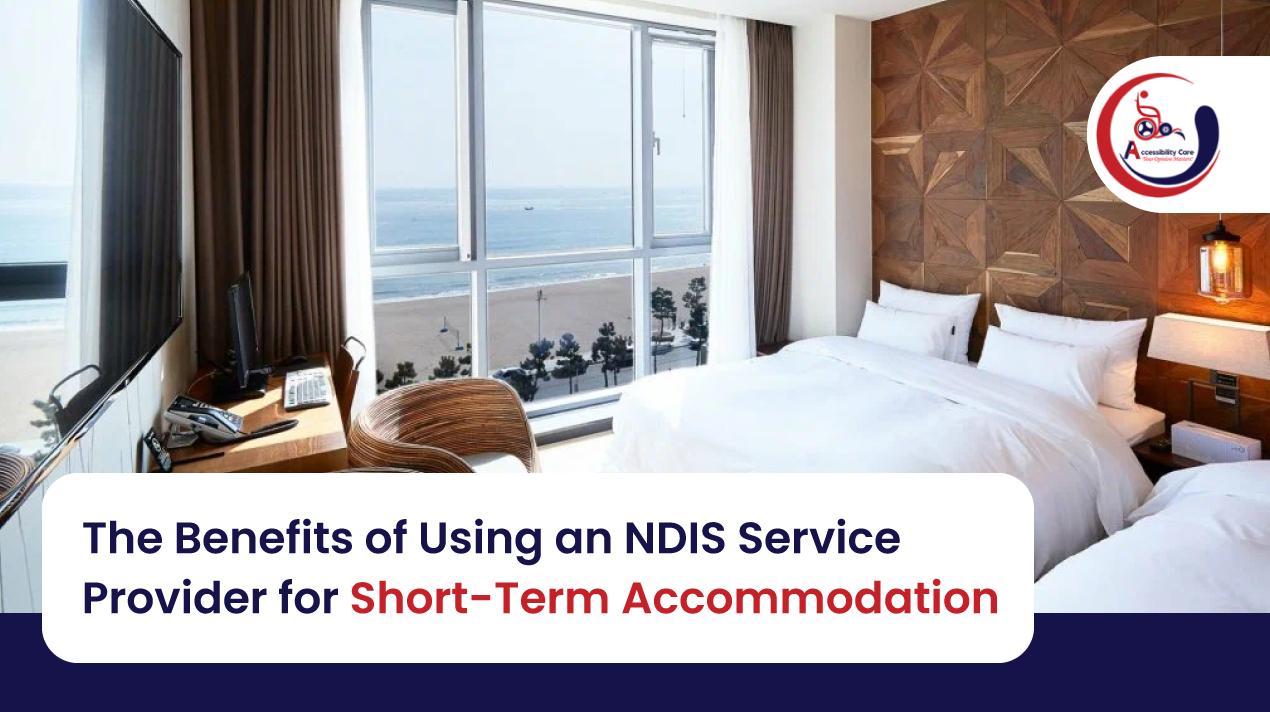NDIS short time accommodation can be used for a variety of reasons, such as respite care, therapy, or participation in group activities. In this article, we will explore the benefits of using an Ndis Service Provider in Melbourne for short-term accommodation, the different types of accommodation available, the role of service providers in coordinating group activities, and how to find suitable service providers in Melbourne.
Benefits of using an NDIS Service Provider
Using an NDIS service provider for Short Term Accommodation Ndis can provide a number of benefits for individuals with disabilities. These include:
- Customized support: NDIS service providers can tailor their services to meet the unique needs of each individual with a disability. They can work with the individual and their family to create a support plan that addresses their specific needs and goals.
- Coordination of services: NDIS service providers can coordinate the various services that an individual with a disability may need, such as therapy, nursing care, and transportation. This can help to ensure that all of the individual’s needs are being met.
- Access to group activities: NDIS service providers can also coordinate group activities for individuals with disabilities. These activities can include recreational, educational, or therapeutic activities, and can provide a great way for individuals to socialize, learn new skills, and improve their overall wellbeing.
Types of Accommodation
NDIS service providers offer different types of short-term accommodation to suit the needs of different individuals with disabilities. These include:
- Respite care: Respite care is a type of short-term accommodation that provides temporary relief for the primary carer of a person with a disability. This can include in-home respite, where a carer comes to the person’s home to provide support, or out-of-home respite, where the person with a disability stays in a respite facility.
- Supported accommodation: Supported accommodation is a type of short-term accommodation that provides additional support for people with disabilities. This can include group homes, where several people with disabilities live together and receive support from staff, or shared accommodation, where people with disabilities live with roommates in a supportive environment.
- Therapeutic accommodation: Therapeutic accommodation is a type of short-term accommodation that is specifically designed to support people with disabilities who are undergoing therapy. This can include rehabilitation centres, where people can receive support while recovering from an injury or illness, or specialised accommodation, such as a sensory room, to support people with sensory disabilities.
Role of Service Provider in Coordinating Group Activities
NDIS service providers play a crucial role in coordinating group activities for individuals with disabilities. They can help to identify appropriate activities, arrange transportation, and provide support during the activities. In addition, service providers can also provide training and support to individuals with disabilities to help them fully participate in the Group Activities Ndis.





